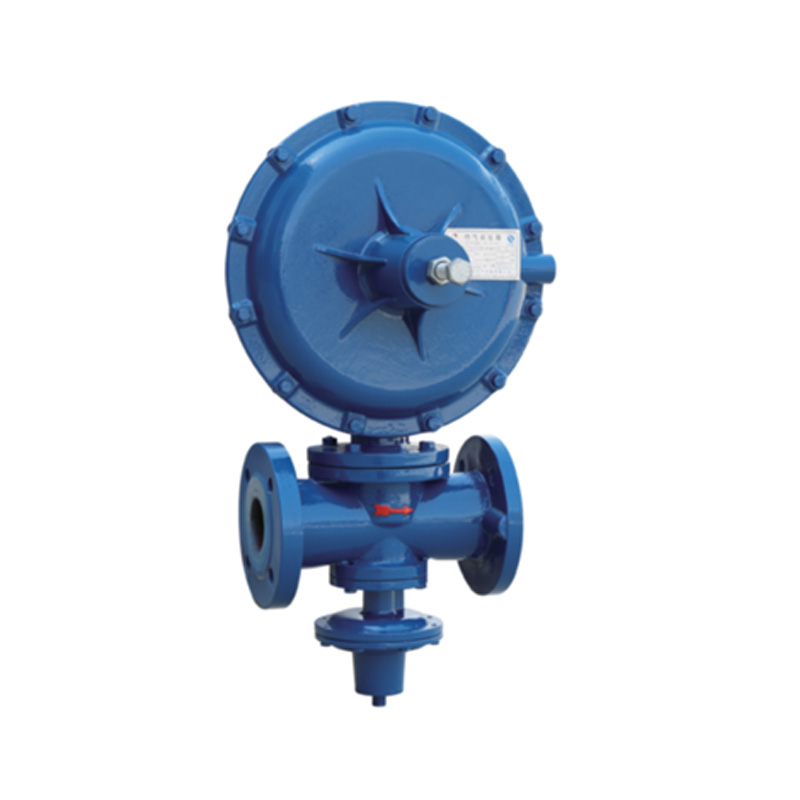
Dec . 04, 2024 16:35
Back to list
Understanding the Functionality and Benefits of Electric Valves in Modern Systems
Understanding Electric Valves Functionality and Applications
Electric valves play a crucial role in various industrial and residential applications, acting as essential components in controlling fluid flow through piping systems. An electric valve combines the capabilities of a valve with an electric actuator, allowing for precise control over the opening and closing of the valve based on electrical signals. This article explores the functionality, advantages, types, and applications of electric valves.
Functionality of Electric Valves
At its core, an electric valve operates by converting electrical energy into mechanical motion. The valve itself can be a globe, ball, or butterfly valve, among other types, and the electric actuator can operate by a simple on/off mechanism or provide modulating control. This means the actuator adjusts the opening of the valve to allow for varying degrees of flow, rather than just turning it fully open or closed.
The system typically includes a combination of control instruments, such as sensors and controllers, which send signals to the actuator. When the device receives a signal to open or close the valve, the actuator responds accordingly. This capability ensures that processes can be automated and fine-tuned in real-time, increasing efficiency and safety.
Advantages of Electric Valves
Electric valves offer several advantages over traditional manual valves or pneumatic-driven systems. One of the primary benefits is precision. With electric valves, you can achieve a high degree of control over fluid flow, which is particularly important in processes where exact measurements are crucial.
Another significant advantage is automation. Electric valves can be integrated into automated systems, enabling remote operation and monitoring. This feature is especially beneficial in large facilities where manual operation would be impractical or hazardous.
Additionally, electric valves require less maintenance compared to their pneumatic counterparts
. Pneumatic systems rely on compressed air, which can lead to leaks and require regular maintenance of air compressors and hoses. Electric valves eliminate those requirements, leading to reduced downtime and lower operating costs.Types of Electric Valves
There are several types of electric valves, each designed for specific applications
electric valve

1. Electric Ball Valves These valves have a spherical disc and are ideal for on/off control with minimal flow restriction. They are widely used in water supply systems and chemical processing.
2. Electric Globe Valves Known for their ability to regulate flow, globe valves are suitable for throttling service and are commonly used in steam, gas, and liquid applications.
3. Electric Butterfly Valves These valves are effective for large volume flows and offer lightweight design. They are often used in water treatment and HVAC systems.
4. Electric Control Valves These valves provide both on/off and modulating control. They are used in a variety of sectors, including oil and gas, food processing, and pharmaceuticals.
Applications of Electric Valves
Electric valves find applications across numerous industries. In the water treatment industry, they are used for flow control and maintaining water quality. The HVAC industry relies on electric valves for efficient temperature and pressure control in heating and cooling systems.
In the chemical processing sector, electric valves are essential for controlling the flow of fluids safely and efficiently. The oil and gas industry utilizes them for both upstream and downstream processes, ensuring the steady flow of product through pipelines.
Additionally, electric valves are making their mark in automating manufacturing processes. Automated production lines benefit from the reliability and accuracy provided by these valves, leading to enhanced productivity and reduced operational costs.
Conclusion
Electric valves are vital components in modern fluid control systems, offering precision, reliability, and automation. With a wide range of types and applications, they contribute significantly to the efficiency of various industries. As technology continues to advance, electric valves will likely play an increasingly prominent role in the development of smart and automated systems, further enhancing their importance in our daily operations.
Latest news
-
Safety Valve Spring-Loaded Design Overpressure ProtectionNewsJul.25,2025
-
Precision Voltage Regulator AC5 Accuracy Grade PerformanceNewsJul.25,2025
-
Natural Gas Pressure Regulating Skid Industrial Pipeline ApplicationsNewsJul.25,2025
-
Natural Gas Filter Stainless Steel Mesh Element DesignNewsJul.25,2025
-
Gas Pressure Regulator Valve Direct-Acting Spring-Loaded DesignNewsJul.25,2025
-
Decompression Equipment Multi-Stage Heat Exchange System DesignNewsJul.25,2025

